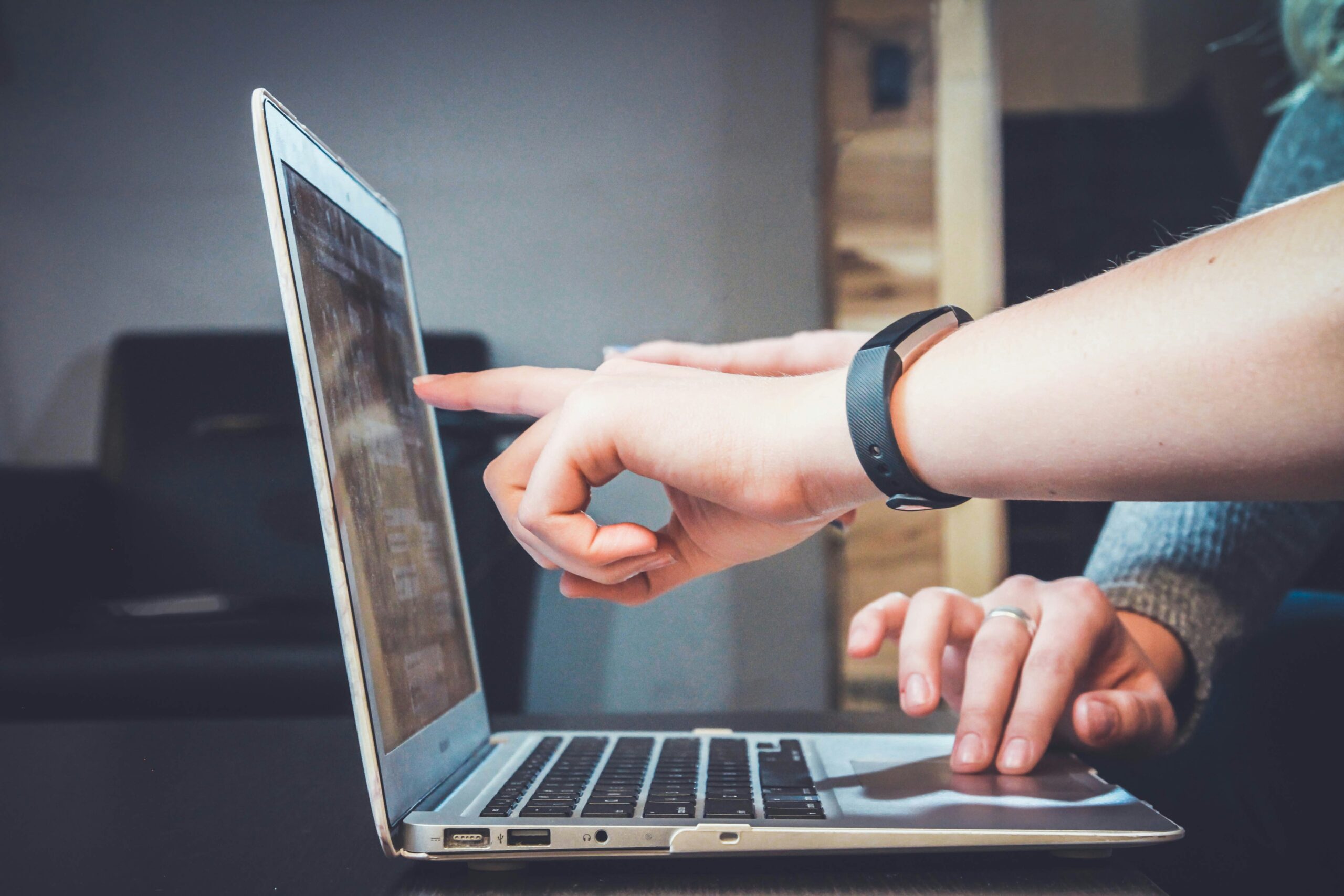
Marketing
Why are reviews important for your retail store?
Reviews guide customers as they make choices, foster trust, and can even give sales a significant lift. If your clothing...
What is B2B (Business-to-Business) Fashion Commerce?
eCommerce

Regardless if they’re online, offline, or click-and-mortar companies, all fashion stores are in need of a supplier that can offer them merchandise they’d be able to sell to their customers. This is where the B2B business model comes into play as it includes an exchange of services between two businesses. B2B fashion commerce, short for business-to-business, is exceptionally significant in the clothing retail industry since it allows for business transactions of products among companies to take place.
Because of the important role it plays, B2B appears to have become one of the most popular business models not only in the apparel market but also in many other niches, displaying a high increase in value worldwide. To illustrate, as stated by a research conducted by Statista, the value of the European B2B eCommerce market is estimated to surpass 1.8 trillion USD in the next three years. Another report by Statista reveals that the US B2B eCommerce sales have also significantly increased from 2019, amounting to almost 11,000 billion USD as of 2021.
In addition to these statistics, Grand View Research introduces one more study based on a global level, claiming that the international B2B eCommerce market size is expected to grow by almost 20% in the period 2022-2030, reaching over 30,000,00 billion USD by 2030.
However, in order to better understand what has contributed to these staggering numbers and how does actually the B2B fashion commerce functions, we’ve provided you with a detailed explanation of what B2B entails, and have made a comparison between the B2B and B2C models. In addition, we’ve supplied you with an example of a successful B2B company and a thorough description of how this company operates and what advantages you can expect to enjoy by collaborating with them in order to offer your own fashion business only the best of services.
The B2B model involves making a transaction of goods between two businesses. To put it simply, it represents a service where one business provides another one with products, which are later offered to end consumers. These can include the sale of physical items and raw materials, or a variety of business services in a wide range of domains such as technology, advertising, insurance, and corporate travel agencies, to name a few.
When it comes to fashion commerce, B2B businesses provide boutiques with all the necessary merchandise and help in keeping the stores’ shelves full at all times. This contributes to always having storage supplied with enough clothing pieces and avoiding facing out-of-stock situations which can often lead to unhappy customers.
Having this in mind, as previously mentioned, B2B commerce is crucial for the existence of a large number of clothing businesses that rely on this type of commerce to stock their inventories. Without the supply chain offered by the B2B model, fashion stores along with other companies that depend on this model would have a hard time managing their businesses.
B2B commerce is often associated and compared with another type of business model known as B2C. Despite both having a vast presence in the fashion industry, they’re quite different from one another and are operated in completely separate ways. In the following paragraphs, we’ll conduct a comparison between them by taking a closer look at the key traits each of them is known for.
The very first difference that separates B2B from B2C is the type of audience they’re targeting. On one hand, as explained above, as B2B stands for business-to-business, it includes companies that sell products/services to other companies. On the other hand, B2C stands for business-to-customer which means it refers to companies that offer products for sale directly to consumers that purchase goods for personal use.
B2B companies are known to sell products in big batches which results in generating large orders. The main reason for this is the fact that many businesses, including those from the fashion industry, tend to purchase larger amounts of merchandise from their B2B suppliers. This is because buying in bulk comes with a set of separate benefits. One such advantage is saving up on many unnecessary expenses such as shipping fees. In contrast, B2C purchases involve the sale of smaller product quantities as the customers of these companies don’t have any necessity of buying products in large numbers.

When it comes to the B2B model, companies have detailed business plans regarding their purchases and usually know exactly how much merchandise they wish to buy as everything is calculated and organized before any purchase takes place. B2C customers, however, are considered to be spontaneous, and even emotional buyers. It often happens for these clients to turn to impulsive purchases during their shopping. They might come to the store for a pair of sunglasses but leave with a T-shirt, dress, and a pair of heels. In addition, not a lot of planning is set in place as the customers of B2C companies make purchases depending on their needs and particularly wishes they express at that moment.
B2B and B2C companies have different approaches regarding the establishment of a good seller-buyer relationship and initiating customer loyalty. In B2B this relationship is kept strong by setting up much more personal contact in comparison to the one present in B2C. Business-to-business transactions naturally call for more meetings and discussions between the seller and customer since purchasing large quantities of products entails the exchange of more information. Conversely, in B2C the relationship between the store and the consumer is built with the help of marketing tools and promotion strategies. These play a crucial role in presenting the company’s brand in the best light possible which consequently helps in creating greater customer retention.

An example of a highly-successful B2B company is fashion wholesaler BrandsGateway. Specializing in luxury apparel pieces made from the finest materials and quality, this B2B supplier provides boutiques worldwide with a variety of must-have clothing products which later these fashion stores display on their shelves and sell and deliver to their customers.
BrandsGateway supplies its clients with only the best items created by renowned designers that belong to some of the most prestigious brands in the world including giants Dolce & Gabbana, Gucci, Michael Kors, Prada, Roberto Cavalli, Versace, and Jimmy Choo. This supplier meets the needs of all types of stores, offering its wholesale services to both online and brick-and-mortar, as well as outlet and pop-up stores. With BrandsGateway by their side, no business owner will be let down, as this wholesaler provides them with authentic products acquired from authorized distributors, or directly from the brands.
Registration with BrandsGateway is quick and simple, requiring only a few steps that take no longer than a few minutes after which you’ll be able to start placing orders.
In case you need a visual guide, you can take a look at this informative Youtube tutorial on how to make a wholesale purchase.
In this article, we’ve discussed the meaning of B2B commerce and have offered you detailed information regarding the role this business has in the fashion industry and the way in which it operates. Furthermore, we’ve taken the liberty to provide you with a comparison that outlines the differences between B2B and B2C in order to make a clear distinction between the characteristics these business models are known for. Finally, we’ve presented to you a fashion company that functions as a B2B business with the purpose of giving you a practical example. All in all, whether you’re running an online or traditional high-street clothing store, the B2B companies contribute significantly to your store’s success, providing you with much-needed supplier services that are essential for the existence of any retail business.
What is dropshipping?